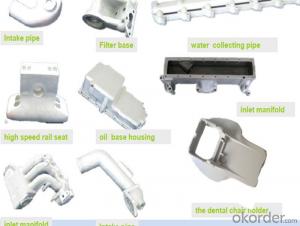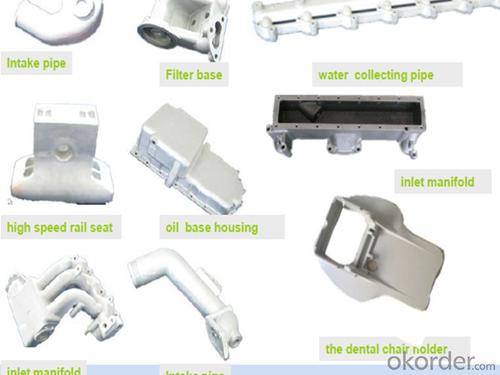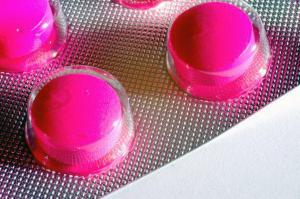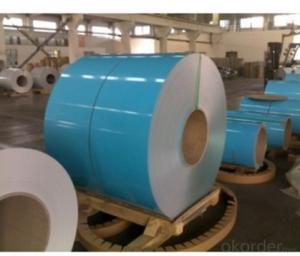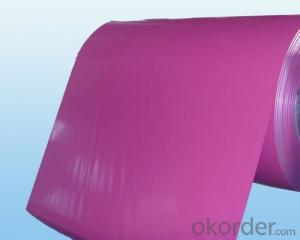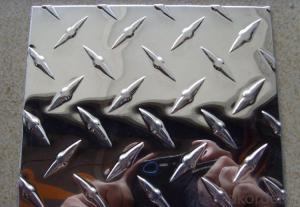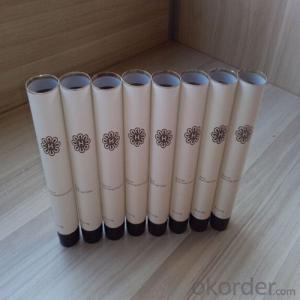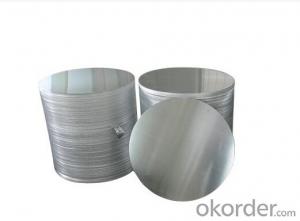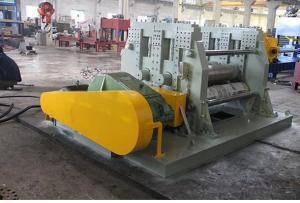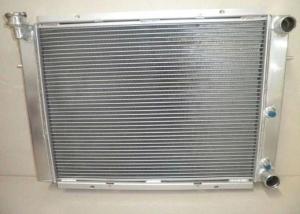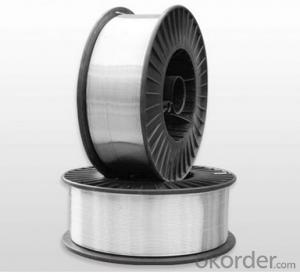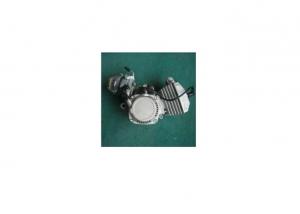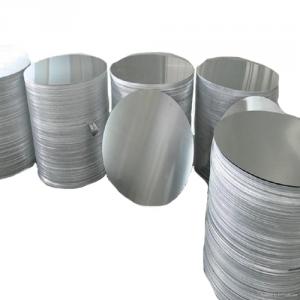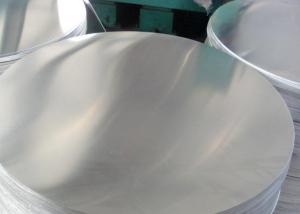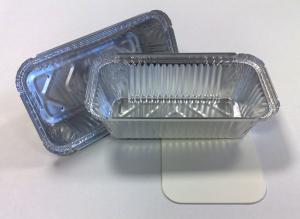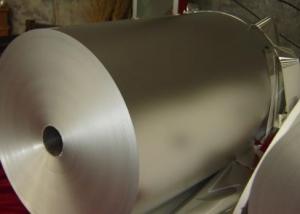High-Quality Aluminum Motor Base with Competitive Price
- Loading Port:
- Tianjin
- Payment Terms:
- TT OR LC
- Min Order Qty:
- 10 set
- Supply Capability:
- 10000 set/month
OKorder Service Pledge
OKorder Financial Service
You Might Also Like
1. Specifications
.Die cast part
.Material: aluminum or zinc alloy
.OEM service provide
2. GENERAL INFORMATION:
. Main Material: Aluminum alloy/zinc alloy/
. Process: Die casting, Deburring, Drilling holes, Tapping, CNC Machining and Assembly.
. Surface treatment: Sandblasting, Tumbling, Powder coating, Wet painting, Chromating(chemical film) and Polishing.
. Tooling ability: Average tooling lead time is 40days.
. We can produce according to customer's drawing in Pro/E, solidworks, and AUTOCAD.
. Products range: Mechanical parts, Furniture accessories, Lighting components, Automobile parts, Electronic equipment housing and accessories, etc.
3. Our sevice:
.Tooling design
.Tooling fabrication
.Die casting
.Precision machining
.Differen finish: plating, painting,coating, chrome plating, nickel plating,e-coating,etc.
.Assembling
4. Our advantage
.Professional technical support
.Quickly response
.Rich experience in quality control
5. Product Character:
.Customized Tool Design Drawings are Available;
.Molds are carefully machined to the closest tolerance using the latest equipment;
.The prototype should be created if the customer require;
.We offer secondary processing such as oil spraying, screen printing, assembly ect.
.Traceability is maintained from all inspection gages
.Mold repair and maintenance are also supported internally.
6.Pictures
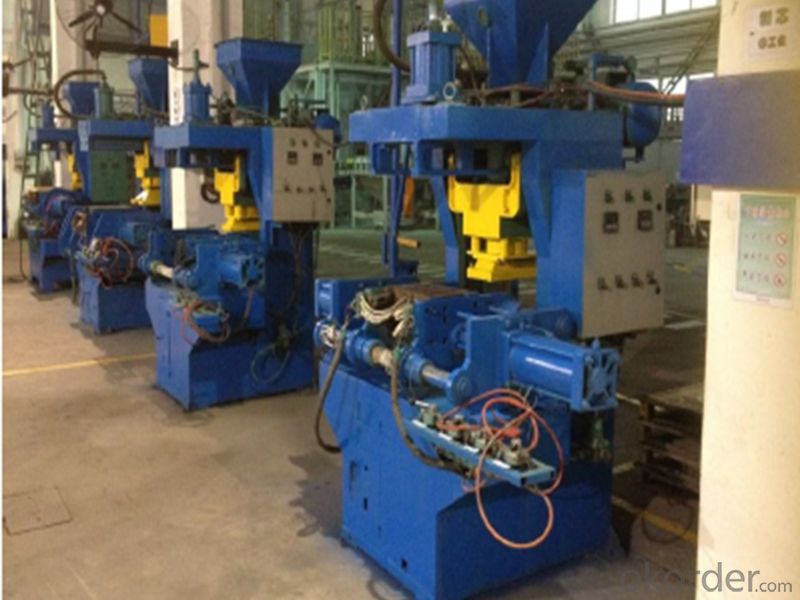
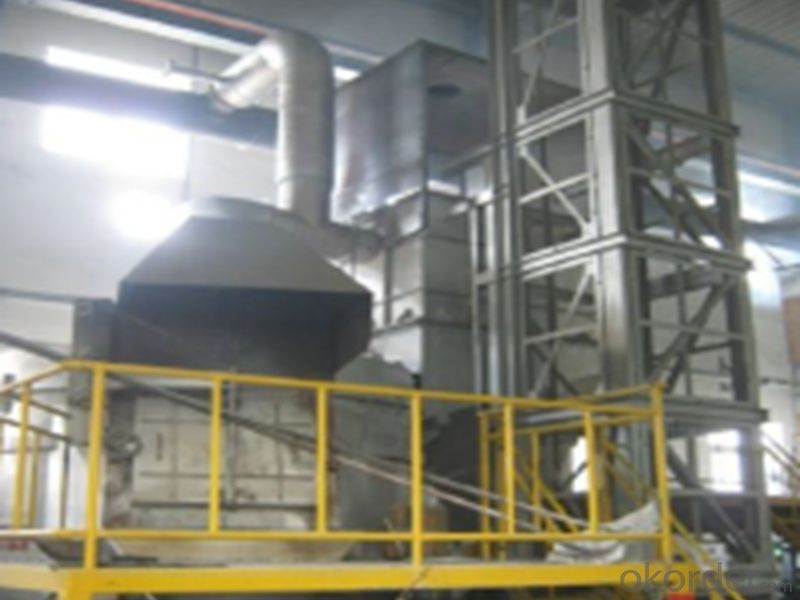
6.FAQ
We have organized several common questions for our clients,may help you sincerely:
①How about your company?
A world class manufacturer & supplier of castings forging in carbon steel and alloy steel,is one of the large-scale professional investment casting production bases in China,consisting of both casting foundry forging and machining factory. Annually more than 8000 tons Precision casting and forging parts are exported to markets in Europe,America and Japan. OEM casting and forging service available according to customer’s requirement.
②How to guarantee the quality of the products?
We have established the international advanced quality management system,every link from raw material to final product we have strict quality test;
- Q: This question asks for a comparison between aluminum and other metals, highlighting their distinct properties and characteristics.
- <p>Aluminum is a lightweight, corrosion-resistant metal with a low density, making it ideal for applications requiring strength without excessive weight. It is also a good conductor of heat and electricity. Unlike other metals like iron or copper, aluminum is not magnetic and has a lower melting point. It is also more abundant and cheaper to produce than many other metals, which makes it widely used in industries such as construction, transportation, and packaging. Aluminum's reactivity means it forms a protective oxide layer when exposed to air, which prevents further corrosion. In contrast, metals like stainless steel offer greater strength and resistance to corrosion, while copper has superior electrical conductivity. Each metal has its unique properties that make it suitable for specific applications.</p>
- Q: Explain the impact of aluminum on manufacturing processes in a few sentences.
- <p>The use of aluminum significantly affects manufacturing processes by offering several advantages. It is lightweight, which reduces the weight of products and can lead to fuel efficiency in transportation sectors. Aluminum's high strength-to-weight ratio makes it ideal for structural components. Its excellent thermal and electrical conductivity allows for efficient heat dissipation and electrical transmission. Additionally, aluminum is non-magnetic and non-corrosive, which is beneficial for certain applications. The metal is also easily recyclable, contributing to sustainability in manufacturing. These properties make aluminum a popular choice in industries such as automotive, aerospace, construction, and electronics, enhancing the efficiency and performance of manufacturing processes.</p>
- Q: This question asks about the chemical reaction between aluminum and elements in the halogen group.
- <p>Aluminum reacts with halogens to form aluminum halides. The reaction is typically exothermic and can be represented by the general equation: 2Al + 3X2 鈫?2AlX3, where X represents a halogen (fluorine, chlorine, bromine, iodine, or astatine). For example, when aluminum reacts with chlorine, it forms aluminum chloride (AlCl3). The reaction is often initiated by heating the aluminum, which is then rapidly oxidized by the halogen. This process is used industrially to produce aluminum halides, which are important in various chemical applications.</p>
- Q: This question asks for everyday applications of aluminum foil.
- <p>Aluminum foil has various uses in daily life. It's commonly used for food storage, wrapping leftovers to keep them fresh. It's also used in cooking, such as covering dishes to retain moisture or creating packets for steaming foods. Aluminum foil is great for lining baking sheets to prevent sticking and making cleanup easier. It's also used for insulation, like wrapping pipes to reduce heat loss. Additionally, it's used for arts and crafts, shining surfaces, and even as a makeshift reflector for sunlight. Its versatility makes aluminum foil a staple in many households.</p>
- Q: Is there an alternative method for recycling aluminum besides the conventional recycling process?
- <p>Yes, aluminum can be recycled in different ways. Apart from the conventional recycling process, which involves melting and recasting, there are innovative methods being explored. One such method is mechanical recycling, where aluminum is cleaned, sorted, and processed into new products without melting. Another approach is chemical recycling, which breaks down aluminum into its constituent elements and then reassembles them into new materials. These alternative methods aim to reduce energy consumption and environmental impact while still effectively recycling aluminum.</p>
- Q: Does aluminum have the ability to corrode or deteriorate over time?
- <p>Yes, aluminum can corrode, but it typically forms a protective oxide layer on its surface when exposed to air, which prevents further corrosion. This layer of aluminum oxide is very thin but strong and stable, making aluminum highly resistant to corrosion. However, under certain conditions such as exposure to certain chemicals or in the absence of oxygen, aluminum can still corrode. Corrosion can also occur if the protective layer is damaged or compromised.</p>
- Q: This question asks about the consequences of corrosion on aluminum, including how it affects the material's properties and performance.
- <p>Corrosion on aluminum can lead to a loss of structural integrity, reduced strength, and increased brittleness. It can cause pitting, which is localized corrosion that leads to the formation of small holes or cavities on the surface. Over time, this can lead to material failure. Corrosion can also alter the appearance of aluminum, causing discoloration and a rough texture. In extreme cases, it can lead to the complete degradation of the aluminum, resulting in the loss of the material's functionality. Proper maintenance, such as applying protective coatings or using corrosion-resistant aluminum alloys, can mitigate these effects.</p>
- Q: Is it safe to use aluminum containers for food and drink in a microwave?
- <p>Aluminum is not recommended for use in microwave-safe containers for food and drink. While some aluminum containers are designed to be microwave-safe, they are typically coated with a non-metallic material to prevent arcing and damage to the microwave. However, most aluminum containers are not safe for microwave use as they can cause sparks and potentially damage the microwave. It's best to use microwave-safe plastics, glass, or ceramics specifically designed for microwave use.</p>
- Q: This question asks about the impact of aluminum on human health when it is consumed through food packaging.
- <p>Aluminum is commonly used in food packaging due to its lightweight and durability. However, concerns have been raised about its potential health effects. Aluminum can leach into food, especially in acidic conditions, and be ingested by humans. While the body naturally excretes some aluminum, excessive intake may lead to accumulation, particularly in the brain, bones, and kidneys. Long-term exposure has been linked to neurological disorders, including Alzheimer's disease, and may contribute to bone diseases. However, the scientific consensus is not definitive, and more research is needed to establish a clear causal link. It's important to note that the risk is generally considered low for most people, but it's advisable to minimize exposure, especially for vulnerable populations like infants and those with kidney issues.</p>
- Q: Dangemen mills and other Aluminum Alloy and enterprises what is the difference?
- Other aluminium door enterprises cover many other products. This can be said to be the most obvious difference Dangemen factory and other enterprises.
Send your message to us
High-Quality Aluminum Motor Base with Competitive Price
- Loading Port:
- Tianjin
- Payment Terms:
- TT OR LC
- Min Order Qty:
- 10 set
- Supply Capability:
- 10000 set/month
OKorder Service Pledge
OKorder Financial Service
Similar products
Hot products
Hot Searches
